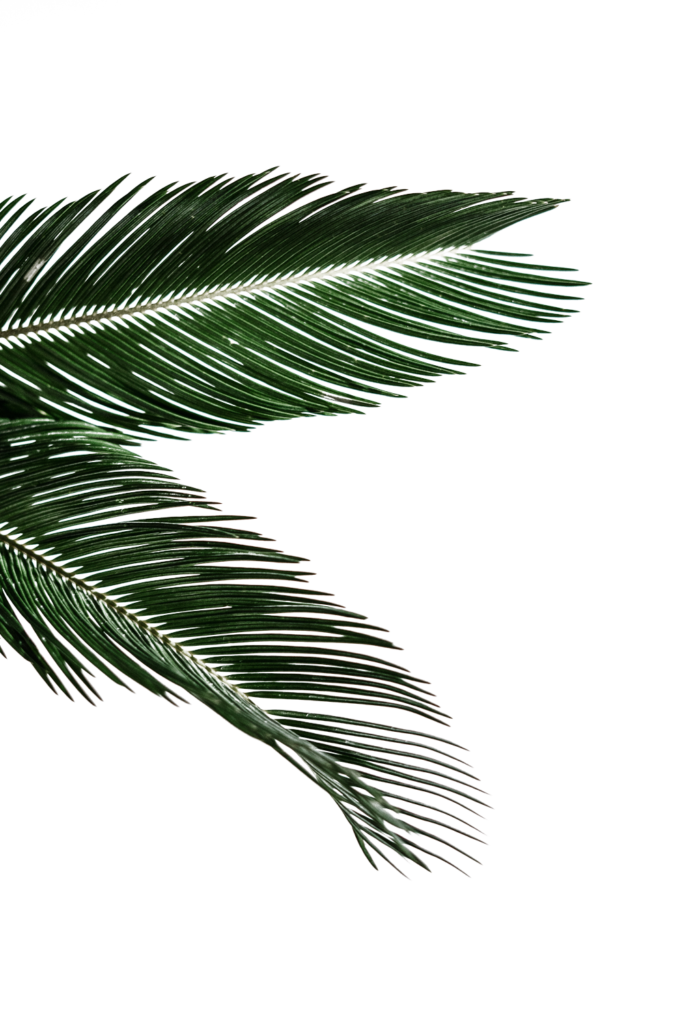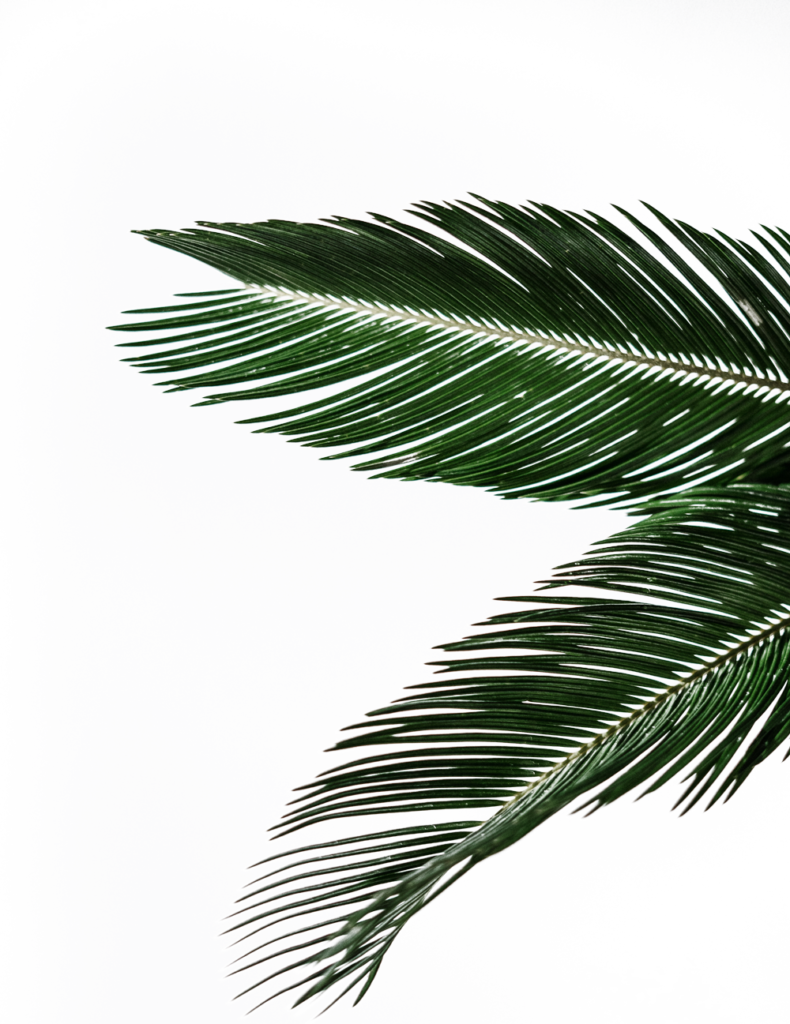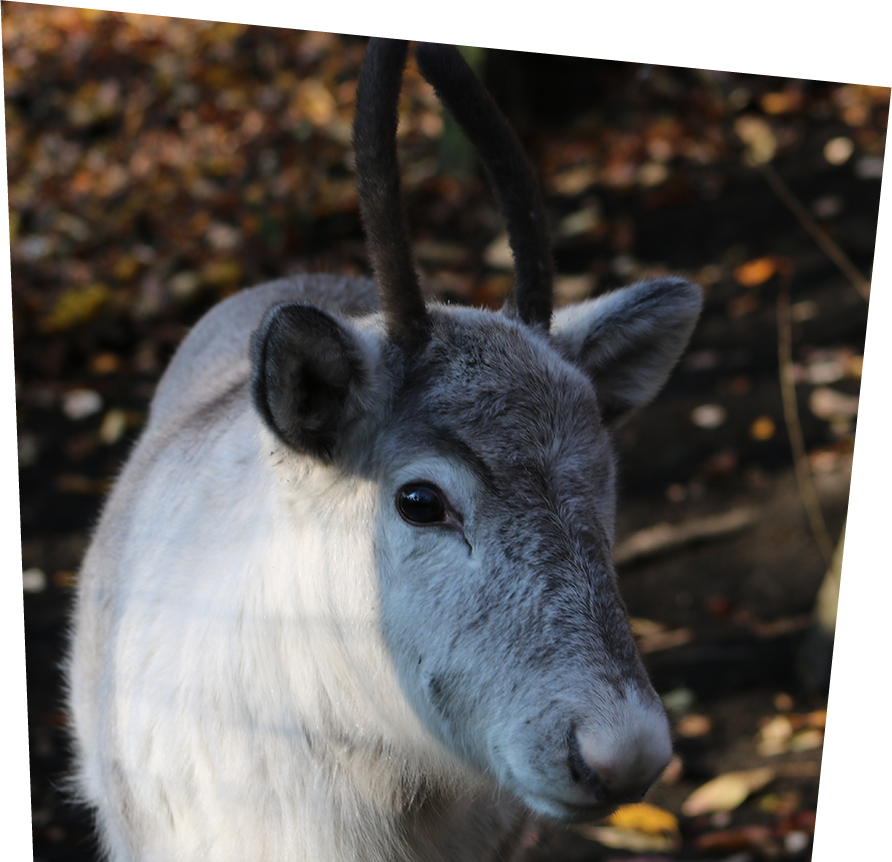


Reindeer
(Rangifer tarandus)
Also known as Caribou in North America, the reindeer is a hardy and charismatic species that inhabits the northern reaches of the planet.
Although there are several different sub-species of Reindeer, they are all superbly adapted to life in the extreme conditions of the north. The Reindeer’s coat is made up of a thick, woolly under layer and an over coat of stiff, tubular hairs which trap a layer of insulating air. Throughout the summer months, the Reindeer will moult this thick fur, leaving them with a thin base coat.
A wide range of plants make up the Reindeer’s diet, although they typically select the food that is most nutritious and easily digestible. New green growth and leaves are taken in spring and summer, while in winter the reindeer uses its excellent sense of smell to find mats of lichen and plants hidden under the snow.


FUN FACTS
Animal Class: Mammals.
Distribution: Circumpolar distribution, native to Europe, Siberia, and North America.
Habitat: Arctic tundra.
Diet: Lichen, grasses, fungi, and herbs.
Appearance: Grey-brown fur, large antlers, and large feet.
Size: They can grow up to 2m long and weigh up to 180kg.
Lifespan: Between 15 – 18 years.
CONSERVATION STATUS
Vulnerable
Population Trend
Decreasing
Threats
Agriculture, hunting, logging, and human activity
Population
Approximately 2,890,400



Did you know?
Studies have shown that Reindeer are able to see UV light rays.
See our Reindeer!
We have two Reindeer at Ponderosa Zoo and their names are Faline and Odin.

Zoo – 01924 235276 / office@ponderosa-centre.co.uk
Lakeside Restaurant – 01924 404604 / lakeside@ponderosa-lakeside.co.uk
Day Care – 01924 404154
Ponderosa Zoo, Off Smithies Lane, Heckmondwike, WF16 0PN
Opening Hours 10am – 5pm daily.

Copyright Ponderosa Zoo | Terms & Conditions | Privacy Policy
